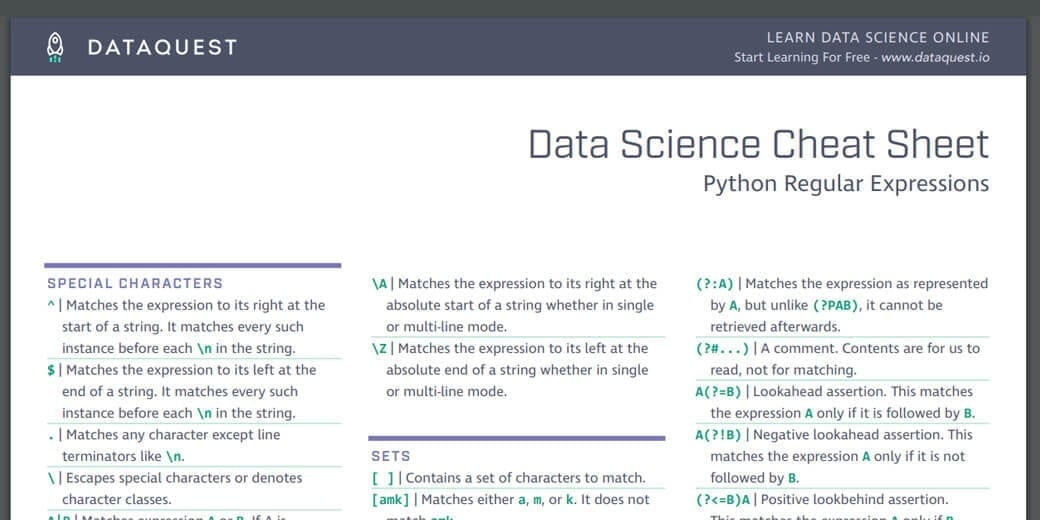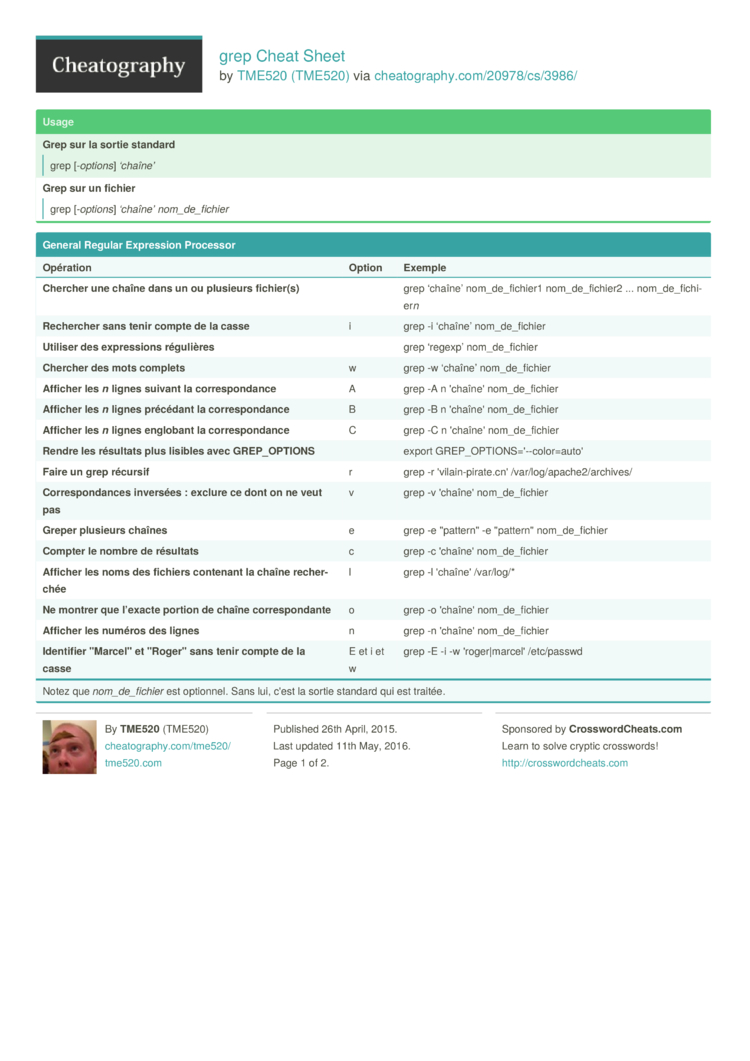

- #Regular expression not matching identical groups plus
- #Regular expression not matching identical groups series
Meaning that any of the characters in the will be matched. It repeats the range of characters three times, "_this." which are almost surely not worth reading. This is a nifty one that kills those posts with subjects like "$$$blah blah" or Here the ' [' needs to be escaped to ' \[',Īnd the ' ?' means 'match zero or one instance of'. This kills 'For Sale' articles, which have a subject line that starts (' ^') This kills articles with 'cash' or 'money' in the subject. Here are some sample regular expressions that I've found useful. Note that the parentheses around the expression are required.

Strings which contain either the word 'cash', or the word 'money', or both. You can define an expression like (cash|money) to match Mean 'zero or more (*) of any character (.)'. MS Excel, Microsoft Excel, Microsquish Excel etc. NewsWatcher provides facilities for doing words matches (which use theseĮxpressions internally), but if you want more flexibility, these come in You can specify that a regular expression match parts of words with \ (match the end of a word).Īn expression like " \" will match all words ending in -ing. So, to match all strings containing just one characters, use " ^.$". ( ^like this$), it matches an entire line. If an entire regular expression is enclosed by a caret and dollar sign If a dollar sign ( $) is at the end of the entire regular expression, If a caret ( ^) is at the beginning of the entire regular expression, In NewsWatcher, a line is the whole field that is being matched, for example theĪuthor or subject fields. You can specify that a regular expression match only the beginning or end of the line. Is immediately after the left square bracket, it doesn't have its special meaningĪnd is considered to be one of the characters to match.
#Regular expression not matching identical groups plus
If any special character, such as backslash ( \), asterisk ( *), or plus sign ( +), Not terminate the string but is considered to be one of the characters to match. If a right square bracket is immediately after a left square bracket, it does Its special meaning if it's the first (after an initial ^, if any) or last character However, matches x, y, or z, but not a, b, or c.Ī minus sign (-) within square brackets indicates a range of consecutive ASCIIĬharacters.

For example, matches a, b, or c,īut not x, y, or z. If the first character in the brackets is a caret ( ^), it matchesĪny character except those in the string. Treats it as one expression and applies any asterisk ( *) or plus ( +)Ī string of characters enclosed in square brackets ( ) matches any one character If an expression is enclosed in parentheses ( ( and )), the editor Its own this isn't much use, but in the middle of a longer regular
#Regular expression not matching identical groups series
So to match any series of zero or more characters, use ". One occurrence of the one-character regular expression. If there is anyĬhoice, the first matching string in a line is used.Ī regular expression followed by a question mark ( ?) matches zero or Occurrences of the one-character regular expression. If there is any choice, theĪ regular expression followed by a plus sign ( +) matches one or more You can repeat expressions with an asterisk or plus sign.Ī regular expression followed by an asterisk ( *) matches zero or more To match a special character, precede it with a backslash, like this \*.Ī period (.) matches any character except a newline character. (often the man pages for UNIX utilities) is available by using one The information here is an amalgamation of the documentation of regularĮxpressions in the Metrowerks CodeWarrior IDE, and of a chapter in theīook UNIX Power Tools (Peek, O'Reilly & Loukides). In this case, it means 'match zero or more 'c' characters followed byĪ t', so it would match 't', 'ct', 'cccct' etc. Regular expression ' c*t' does not mean 'match "cat", "cot"' etc. One point to note is that regular expressions are not wildcards. (some examples are suggested below), and gradually build up the complexity However, you can use some of the simpler matching criteria with ease In actual fact, in theseĬases NewsWatcher converts your string matching criteria into a regularĮxpression when applying filters to articles. Use over and above the standard string matching provided in the Editįilters dialog (Word matching, for example). On first reading, this all seems particularly complicated and not of much They provide a very powerful, but also rather obtuse, set of toolsįor finding particular words or combinations of characters in strings. Regular expressions are a system for matching patterns in text data, whichĪre widely used in UNIX systems, and occasionally on personal computersĪs well. See the page on creating and editing filters. Some useful examples Go back to the page on filtering.



 0 kommentar(er)
0 kommentar(er)
